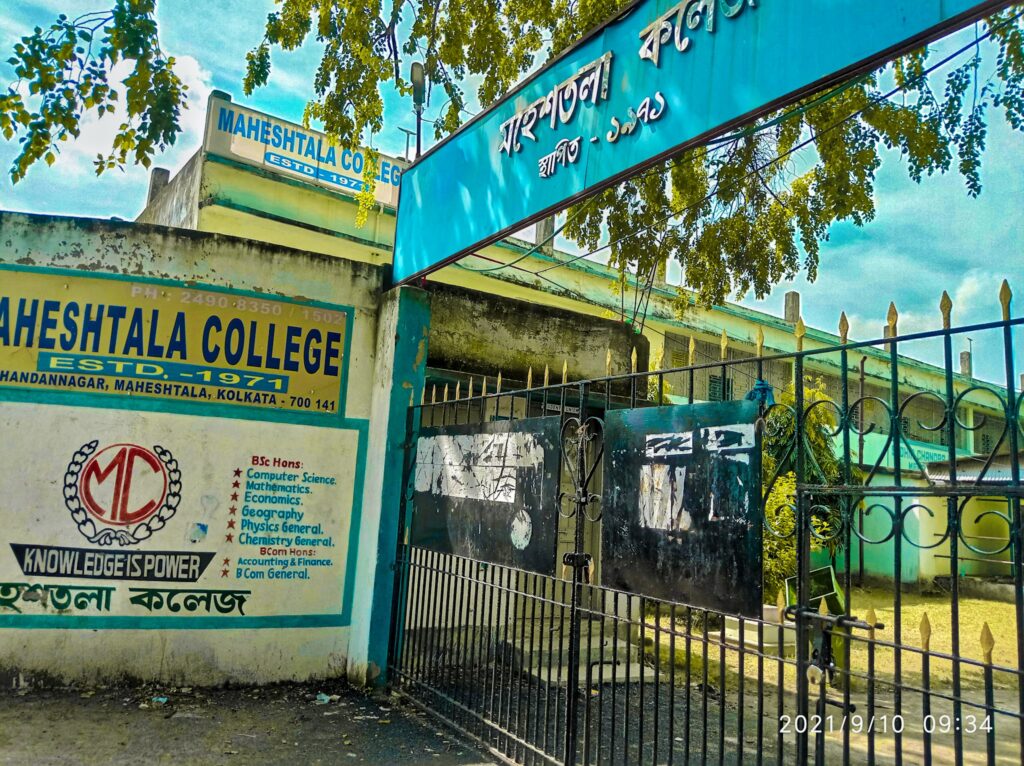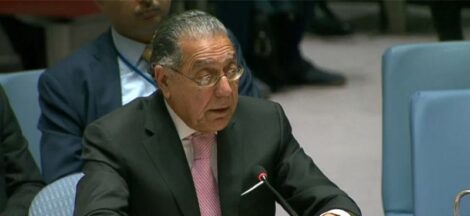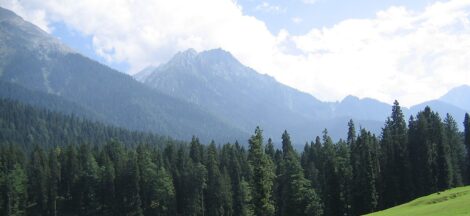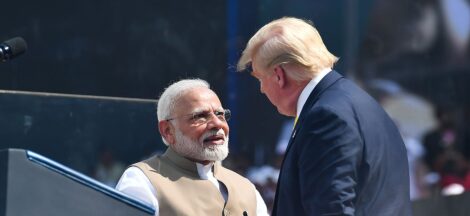A violent confrontation erupted in Maheshtala, South 24 Parganas, following allegations that a Shiva temple and its surrounding land had been encroached upon. The incident began when local Hindus reportedly objected to the installation of fruit stalls on land belonging to a temple’s pond and Tulsi Manch. This confrontation escalated, culminating in what authorities describe as communal clashes near Rabindranagar Police Station on Tuesday afternoon.
Police forces were met with intense resistance from a large mob that threw stones and bricks. A female constable sustained injuries after being struck by a brick, while at least five officers—including DC Harikrishna Pai—were hurt in the ensuing violence. Vehicles were torched, including police motorbikes and government vehicles, and some houses and shops sustained damage as the unrest spread across the Rabindranagar–Akra locality.
Police responded with tear gas and baton charges, and called in the Rapid Action Force to restore order. Prohibitory BNS 163 orders, formerly known as Section 144, were imposed to prevent further gatherings.
Leaders from the Opposition, notably Suvendu Adhikari and Priyangu Pandey, condemned the violence and criticised law enforcement’s response. Adhikari asserted that miscreants had “illegally encroached upon Temple Committee land” before defacing the Tulsi Manch and temple premises, while Pandey accused the government of “surrendering” to radical elements. The BJP state president, known for his vocal criticism, plans to visit the area later this week to inspect the damage.
Authorities have initiated investigations into the cause and development of the clashes, scrutinising whether the dispute was purely local or communal in nature. The West Bengal Police commissioner and senior officials visited the site to review the situation. Security has notably increased in the region amid concerns of further unrest.
Maheshtala, a densely populated suburb of Kolkata, has a mixed demographic profile—approximately 58 per cent Hindu and 41 per cent Muslim, according to the 2011 census. This demographic balance means local land or religious disputes can quickly take on broader communal overtones.
Tensions in West Bengal have risen after earlier incidents in Murshidabad earlier in April, where protests over the Waqf Amendment Act led to violent clashes and displaced hundreds. These disturbances have sharpened communal fault lines, prompting authorities to adopt stricter monitoring.
In Maheshtala, municipal officials are slated to establish a task force to address land encroachment near religious sites. Legal experts point out that the pond within the temple complex legally belongs to the temple committee, and unauthorized construction or occupation must be challenged in court. Meanwhile, local residents have demanded swift restoration of damaged property and assurance that security measures will be enduring.
State ministers and the Chief Minister’s office have remained largely silent, opting to let law enforcement handle the matter. However, BJP leaders argue that lack of clear communication has allowed rumours and polarising narratives to flourish.
Families in the area expressed fear and shock at how rapidly a land dispute escalated into violent confrontations. Some residents recounted scenes of roads strewn with rubble, burning vehicles, and corridors filled with tear gas smoke. Religious leaders from both communities have urged calm, urging mediation and legal recourse over street confrontations.




 Kharge Defends Stampede as ‘Accident’, Blames Politicisation
Kharge Defends Stampede as ‘Accident’, Blames Politicisation 